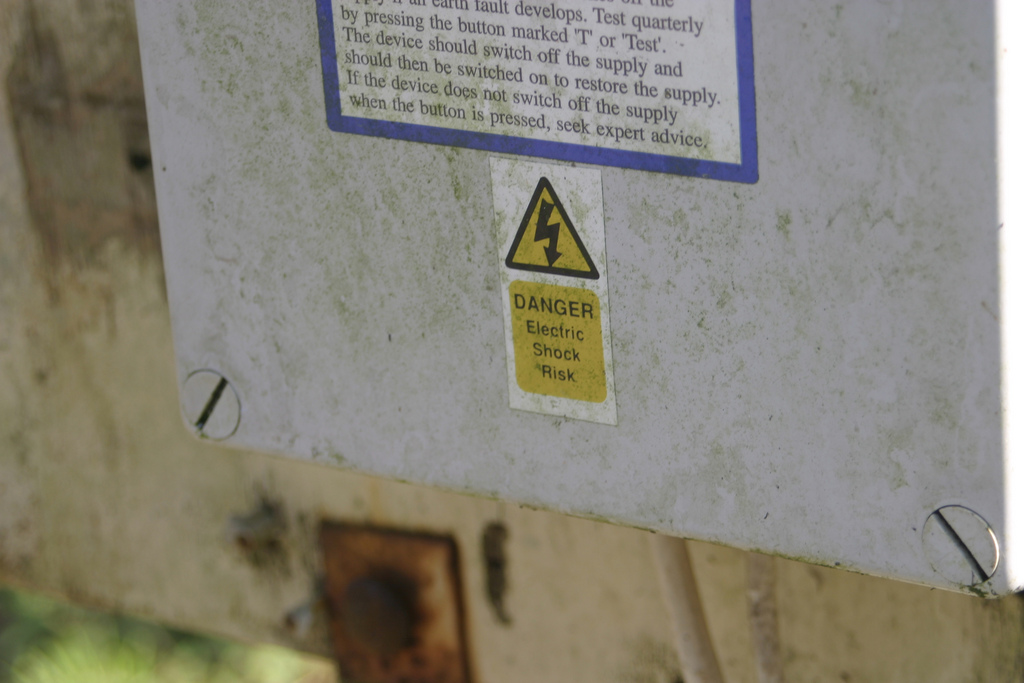When you’re awake for long periods of time (think 30 hours or more!), coffee just isn’t cut out for keeping your brain alert. And the caffeine jitters that come from drinking other energy drinks don’t help keep you on your A game, either. But don’t fall asleep yet: researchers are working on a new way to keep you feeling awake, and it has nothing to do with caffeine.
The Air Force is currently testing using low levels of electricity to stimulate troops’ brains, according to the Boston Globe. While this new form of electric stimulation might conjure up scary images of the violent shock therapy once used on psychiatric patients, recent studies suggest this new therapy to be not only mild, but also effective.
Mild electric shocks are already being tested as a potential treatment for depression. Building upon the theories behind this therapy, the Air Force has tested noninvasive brain stimulation on several dozen sleep-deprived, but otherwise healthy, volunteer troops at the Air Force Research Laboratory at the Wright-Patterson base in Ohio. Air Force members are often responsible for monitoring intense streams of data over long periods of time, a task that, though important, quickly numbs the mind. Electric stimulation to the brain can help keep the brain alert during such work.
So far electric brain stimulation has helped keep test subjects functional, sometimes for hours after receiving treatment. Some subjects ended test periods “just like they were at minute one,” according to R. Andy McKinley, a biomedical engineer who oversees the research – all without the jitters, elevated heart rates and “crashes” often associated with caffeine consumption.
Though recent studies make the treatment seem hopeful, some work still needs to be done to perfect it. Immediate side effects of the treatment include skin irritation and “mild but brief” headaches, but longterm effects of frequent treatments are not yet known. Scientists are still determining which parts of the brain are best to stimulate, an important decision considering that stimulating certain parts of the brain reduces activity in others.
Researchers suggest that a pair of electrodes could become standard issue for certain military personnel, but it’s unlikely that the Air Force’s contraption will become widely available to the masses any time soon. It looks like we civilians will have to stick with our caffeine highs for now!
Image by Josh Semans
via The Verge




I quit drinking caffeine, and have been much more alert every since. So I don’t think I need to try brain stimulation!
will this one day be another cause of brain cancer?